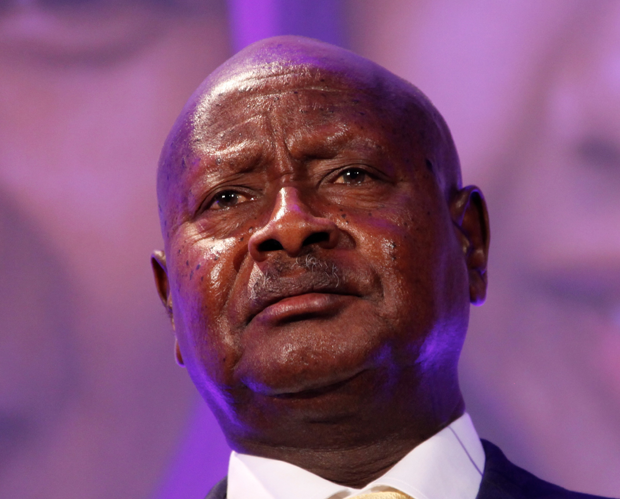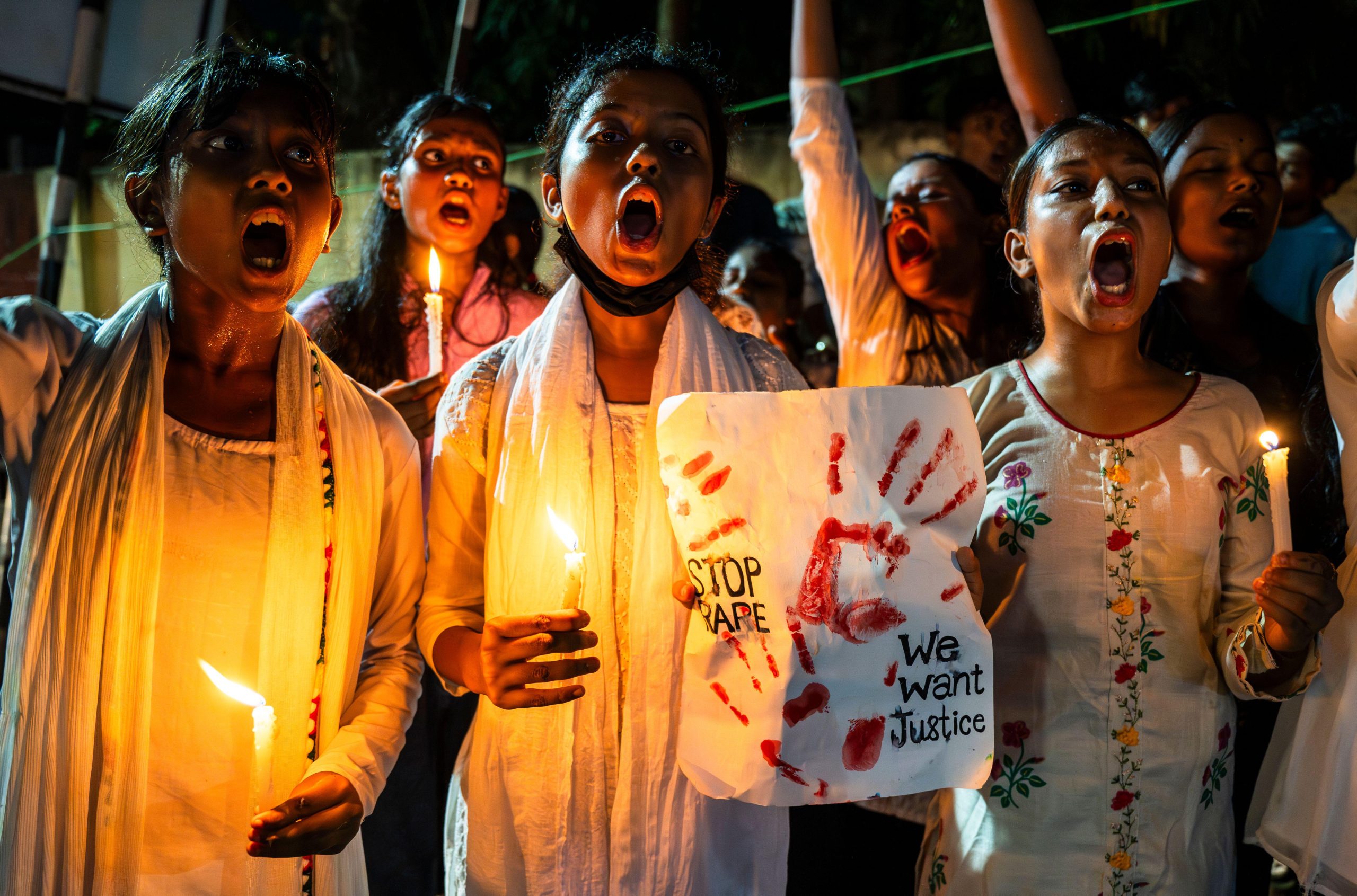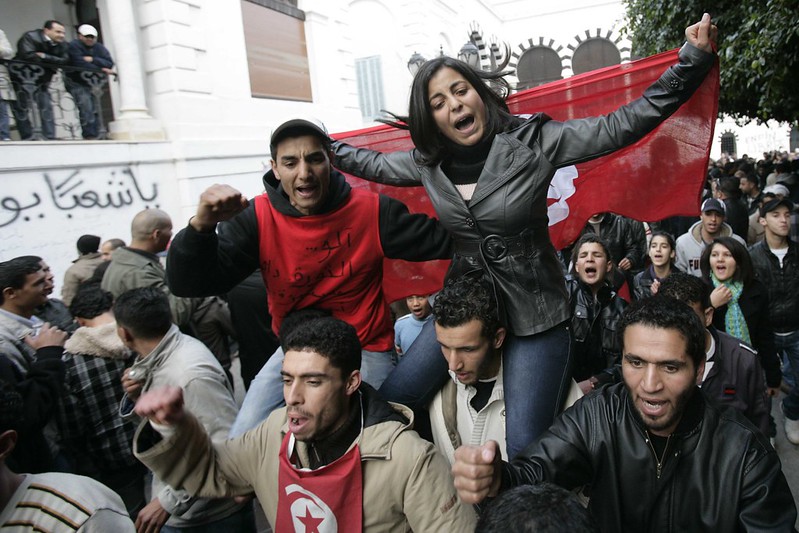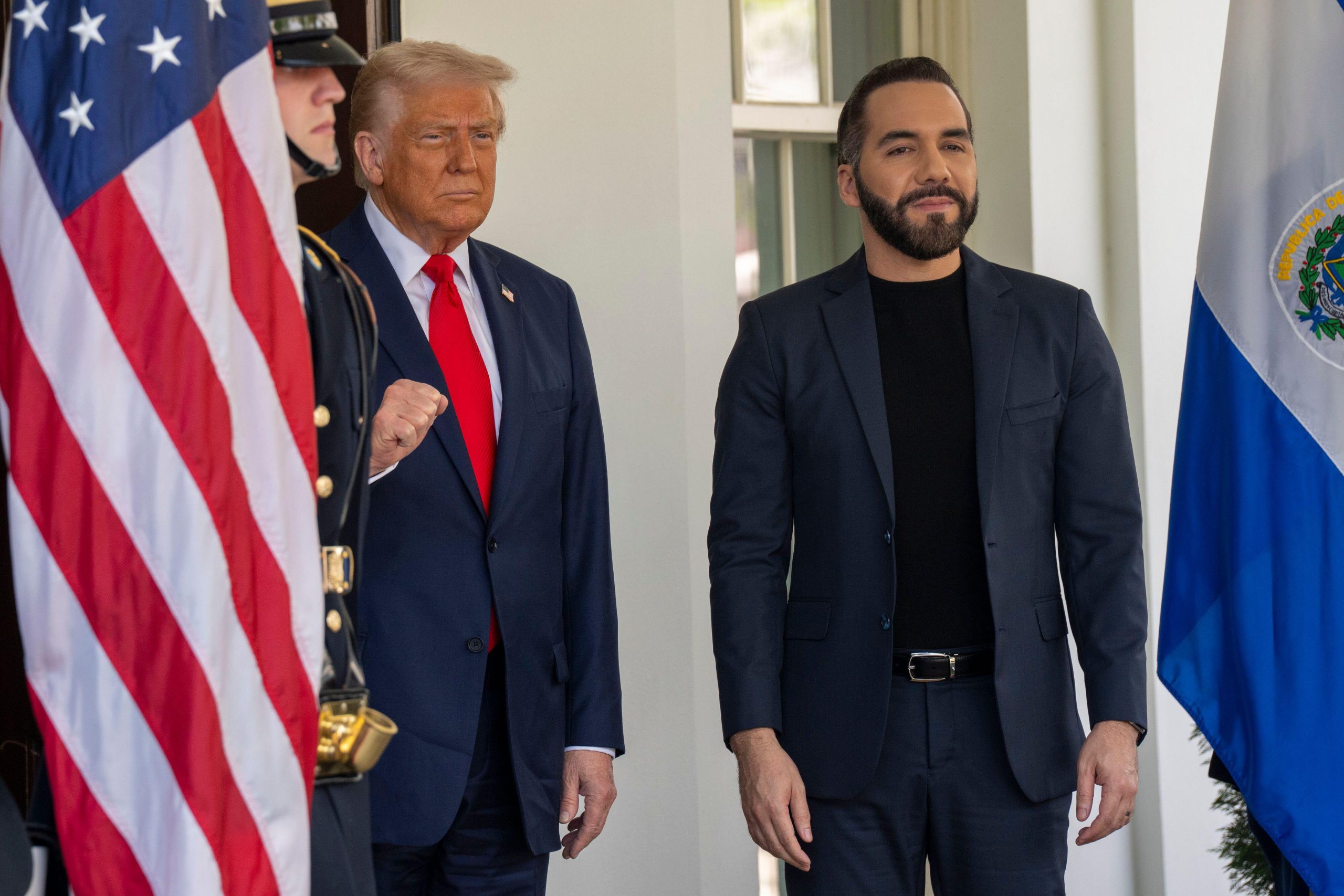
Ugandan president Yoweri Museveni (Photo: Wikipedia)
President Yoweri Museveni signed Uganda’s Anti-Homosexuality bill into law on 24 February, and the fallout has already started. The World Bank has cancelled a $90 million loan to the country, European Union countries are threatening to withdraw aid, and the United States is reviewing its cooperation with Uganda. President Museveni has hit back, saying Uganda would raise its own money to fund its development projects. The US, which was the first voice its discontent, was told off: “Our relationship with the US was not based on homosexuality.” David Bahati, the MP who introduced the bill, said in an interview that the west is imposing social imperialism on Uganda, a thing they are not ready to accept.
“I will work with the Russians,” Museveni said.
So the president feels that even without the west, Uganda has development partners that it can still rely on. Considering he was not supportive of the so-called Bahati bill in its initial stages, Museveni’s last-minute change of heart is baffling.
The law stipulates that punishment for homosexuals will be a life jail sentence, while those who “attempt” to engage in homosexual acts face seven years in prison. The law also targets journalists and others seen to participate in “production, procuring, marketing, broadcasting, disseminating, publishing of pornographic materials for purposes of promoting homosexuality”. It even attempts to reach beyond the country’s borders, implong that Uganda will have to ask countries where gay Ugandans live to extradite them so that they can face the law.
Public opinion goes both ways. Many are happy that the president is standing firm against “the west” and the perceived scheme of promoting homosexuality in Uganda and Africa at large. Others claim that the president signed this law to achieve cheap popularity with the 2016 elections around the corner. It is also claimed that President Museveni is just playing his usual political games. When the anti-homosexuality bill was passed by parliament early this year, one of the president’s legal brains, Fox Odoi, publicly stated that if the president ever assents to this law, he would challenge it in court.
Odoi has now teamed up with Ugandan journalist Andrew Mwenda to take the case to the constitutional court. It is alleged that this was Museveni’s game plan: sign the law, annoy the west and appease the locals, and then have his henchmen challenge this law in court and make sure it remains there forever. In this case, the west will soften their stance towards Museveni, and the locals will be told to be patient and leave the legal process to take its course. In that case, he will have killed two birds with one stone, and would go for the 2016 elections with both the west and the locals in his pockets.
Civil society has also been critical, not because the anti-homosexuality law is unnecessary per se, but they have questioned whether homosexuality is the biggest problem Uganda faces today, and warrants such urgency. With high youth unemployment, squalid conditions in health facilities and theft of public funds in government institutions, they believe priorities should lie somewhere else other than “fixing” homosexuality.
“The timing for the assenting to this law by the president is meant to divert the country’s attention from the discussion on the deployment of Ugandan forces in South Sudan and our mandate there. This law is very diversionary, and it is unfortunate that Ugandans have swallowed the president’s bait,” said Godber Tumushabe, a renowned civil society activist.
Opposition leader Kizza Besigye has criticised the new law, saying that homosexuality was not “foreign” and that the issue was being used to divert attention from domestic problems. “Homosexuality is as Ugandan as any other behaviour, it has nothing to do with the foreigners,” said Besigye. He accused the government of having “ulterior motives” and using the issue to divert attention from other issues, including Uganda’s military backing of neighbouring South Sudan’s government against rebel forces.
Sweden’s Finance Minister Anders Borg, who visited the country a day after the signing of the law, said it “presents an economic risk for Uganda”. But Besigye accused them of double standards, saying that their cutting of aid over gay rights alone was “misguided”: ”They should have cut aid a long time ago because of more fundamental rights, our rights have been violated with impunity and they kept silent,” he said.
This article was posted on March 4, 2014 at indexoncensorship.org




